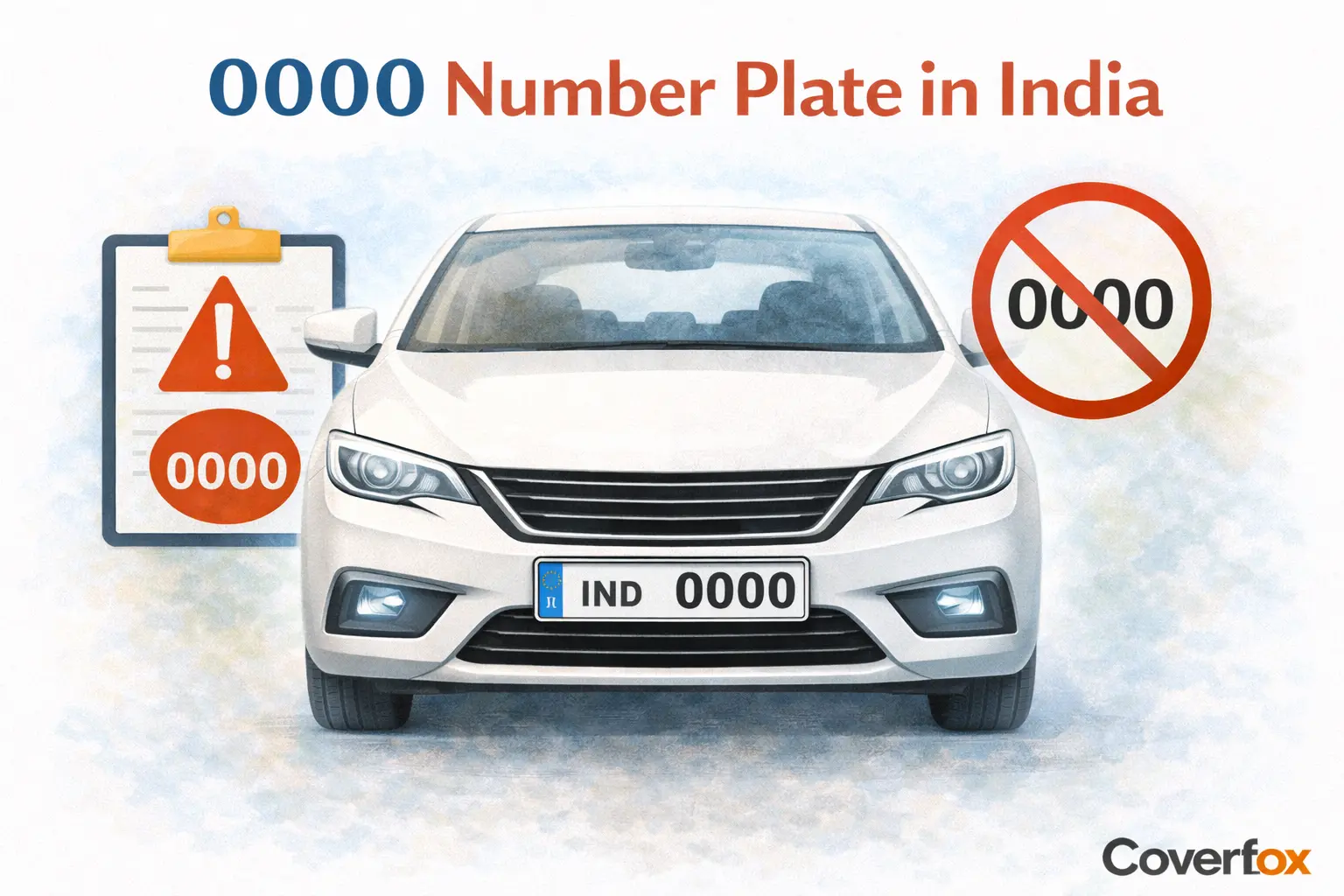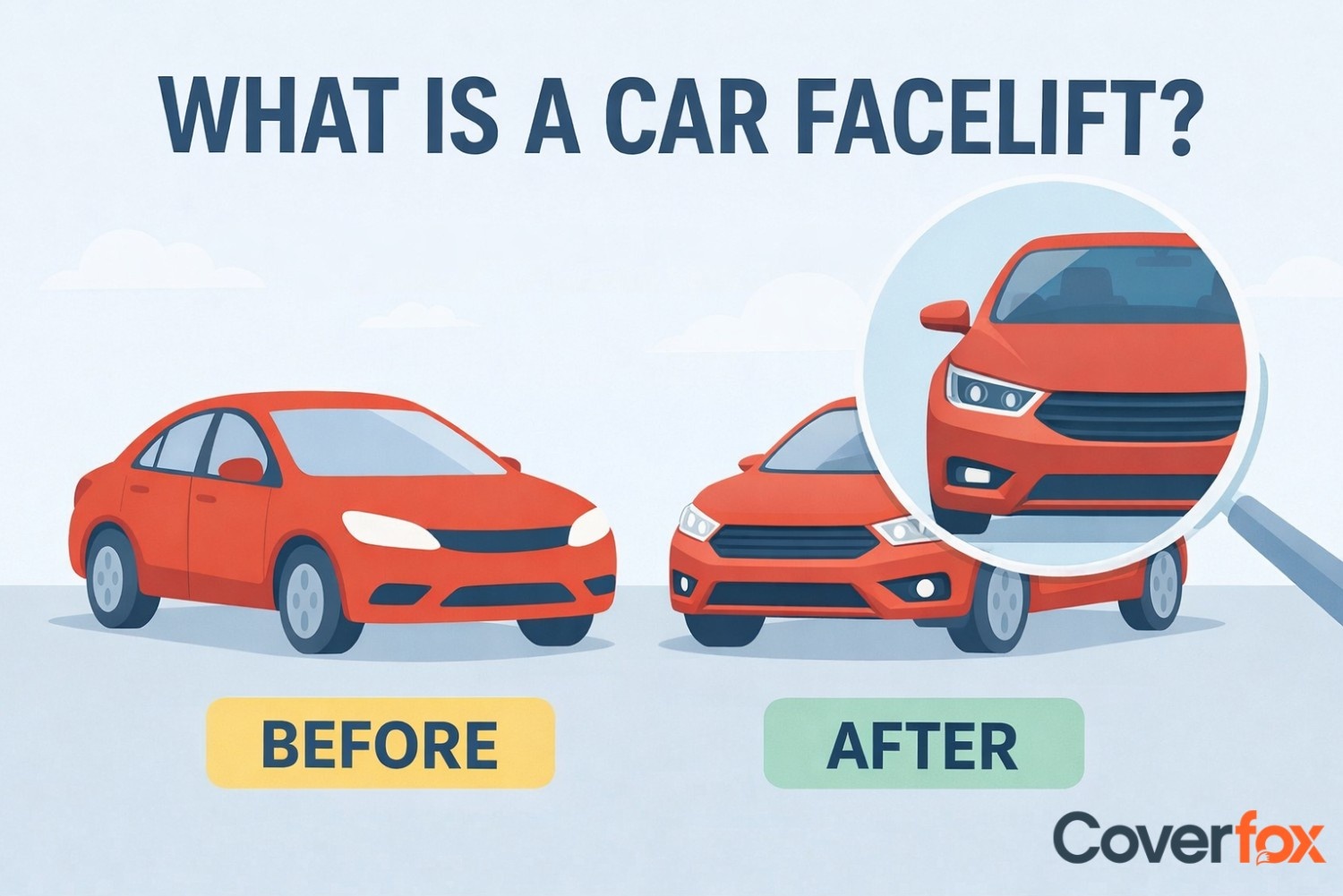A car is a complex machine which requires the working of several parts together to function properly. One such essential component is a fuel filter.

While the concept of filtering fuel has existed for a long time, the specific invention of a fuel filter for vehicles is often attributed to George Greenhalgh and Ernest Sweetland in the early 1920s. They have laid down the foundation of modern-day fuel filters. To understand how fuel filters work, what the components involved are, and the need for them, read till the end!
What is a Fuel Filter in Cars?
The name pretty much explains itself; a fuel filter is a component in the car used to filter the fuel before it reaches the engine. The fuel filter helps to separate out the debris and unwanted particles from the fuel. Generally, this fuel filter is found between the fuel tank and the engine. Its primary objective is not to let any debris reach the engine – to avoid any damage that can be caused by impurities, and also, to maintain the fuel efficiency of the car.
Function of Fuel Filters in Cars
The primary function of the fuel filter in cars is to filter out the fuel before it reaches the engine. The functions of fuel filters in cars include:
- Filters contaminants like dust, rust, and debris from the fuel
- Protects fuel injectors and the engine from clogging and wear
- Ensures smooth combustion and optimal fuel-air mixture
- Improves engine performance and extends its lifespan
- Prevents engine misfires and starting issues
Types of Fuel Filters in Cars
Fuel filters come in different types depending on the fuel tank and engine configurations:
Inline Fuel Filter
Canister Fuel Filter
Cartridge Fuel Filter
Spin-On Fuel Filter
In-Tank Fuel Filter
Diesel Fuel Water Separator
Gasoline Fuel Filter
Carburettor Inlet Filter
Pump Outlet Filter
Installed along the fuel line to filter fuel before it reaches the engine.
A sealed unit that houses the filter element and is replaced as a whole.
A reusable housing with a replaceable filter element, common in newer vehicles.
Screws onto the fuel system like an oil filter and is easy to replace.
Located inside the fuel tank to filter fuel before it exits, often long-lasting.
Removes dirt and water from diesel fuel to protect the engine.
Specifically designed to filter impurities in petrol before it reaches the combustion chamber.
A small filter placed at the carburettor’s fuel inlet to block debris.
Positioned at the fuel pump’s outlet to ensure clean fuel enters the fuel line.
Benefits of a Clean Fuel Filter in Cars
Having clean fuel filters in cars is advantageous because:
1. Boosts Engine Performance
A clean fuel filter enables uninterrupted and continuous fuel flow, which helps the engine to run smoothly. It also improves acceleration and gives out consistent power.
2. Improves Fuel Efficiency
The cleaner the fuel, the better the combustion, and it requires less fuel to produce the same performance. It means it requires less fuel for the same amount of energy produced by unfiltered fuel, which not only increases fuel efficiency but also saves money.
3. Extends Engine Life
By blocking debris and contaminants, it protects sensitive engine parts like injectors and cylinders from wear and damage.
4. Ensures Smooth Starts and Driving
A clean filter maintains fuel pressure and quality, reducing issues like engine hesitation, misfires, or trouble starting.
5. Reduces Emissions and Maintenance Costs
Efficient fuel burning leads to lower exhaust emissions, while preventing damage to fuel system parts cuts down on costly repairs.
Signs That Your Fuel Filter Needs Attention
Fuel filters require replacement and maintenance from time to time. Here are a few signs that indicate the fuel filter needs to be replaced or cleared:
- The engine takes longer than usual to start.
- The car stalls or hesitates during acceleration.
- Noticeable drop in acceleration and power.
- Fuel efficiency decreases unexpectedly.
- The engine makes sputtering or knocking sounds.
- The check engine light appears on the dashboard.
- A strong smell of fuel near the car.
Tips to Maintain Fuel Filters in Cars
If you noticed that your fuel filters require replacement – replace them as soon as possible to avoid any engine damage. Also, you can prolong fuel filter life by following some easy maintenance tips:
- Follow the manufacturer’s recommended fuel filter replacement schedule.
- Use clean, good-quality fuel from trusted fuel stations.
- Inspect the fuel filter during regular servicing.
- Keep the fuel tank at least a quarter full to avoid debris intake.
- Replace both fuel and air filters together for balanced performance.
- Check for warning signs like poor mileage or engine misfire.
- Avoid driving through extremely dusty or dirty environments.
- Get the fuel system flushed periodically if recommended by your mechanic.
Key Takeaways
Fuel filters are small, yet an essential component for the proper functioning of the car. A clogged filter can lead to engine damage, mileage issues and start-up misfires. This signifies that even the smallest of the car components is important for it to run smoothly. Although not covered by car insurance, some insurers cover fuel filter replacements under the add-on “consumable covers”. Make sure to keep your car insured all the time to avoid expensive repairs.
Also Read:
Understanding Turbo Engines: How They Work, Benefits, Types, and Tips
Car Maintenance Tips to Prevent Expensive Repairs
Car Starting Issues: Solutions and Preventive Tips
Key Takeaways
How long is the fuel filter good for?
Most fuel filters last between 30,000 to 50,000 km, but always follow your car manufacturer's maintenance schedule.
What are the types of fuel filters?
Common types include inline, canister, cartridge, spin-on, in-tank filters, and diesel fuel-water separators.
Is a fuel filter part of an engine?
While not inside the engine, the fuel filter is part of the fuel delivery system that supports engine performance.
What are the symptoms of a bad fuel filter?
Trouble starting, poor acceleration, stalling, reduced mileage, and unusual engine noises are key warning signs.
How do you maintain a fuel filter?
Regularly replace it as per the service manual, use clean fuel, and avoid driving with a near-empty tank.
What is the best material for a fuel filter?
Most quality fuel filters use synthetic fibre or cellulose media for efficient particle filtration and durability.



 in Cars.webp)

